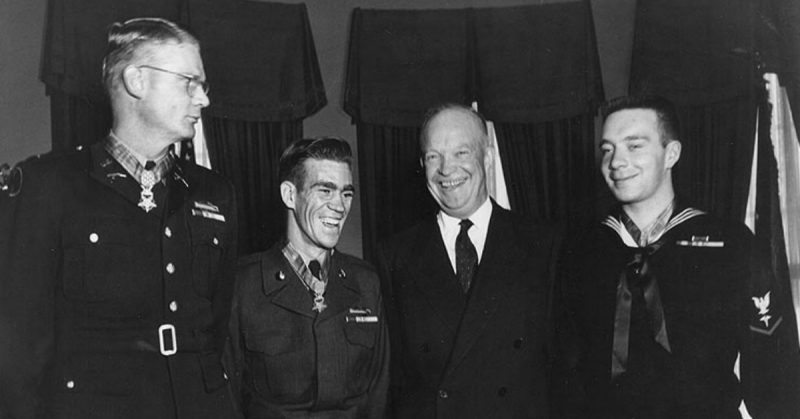Once more, he was able to take out three of them with his rifle, but a grenade exploded in front of him which sent shrapnel flying into his left eye and arms.
A hero of the Korean War, Private 1st Class Ernest E. West, was awarded the Medal of Honor for bravely risking his own life to save an American officer and two American troopers who had been injured as well as single-handedly fighting off multiple attackers and losing an eye in the process.
Despite being awarded America’s highest honor for his valor, the modest West initially didn’t want the medal, saying that he wasn’t special and was only doing his duty.
Ernest West knew what brotherhood meant long before he joined the military. As an orphan, he was raised alongside 125 other orphan boys at the Methodist Children’s Home in Versailles, Kentucky. While these boys weren’t his blood relatives, West developed a strong bond with them and referred to them as his brothers.
In 1952, he had turned 20 and was drafted into the United States Army. After six weeks of intense basic training, he was shipped off to Korea to fight.
Fighting with the 14th Infantry Regiment, 25th Infantry Division, Private 1st Class West saw action almost as soon as he arrived on the peninsula at the Battle of Heartbreak Ridge.
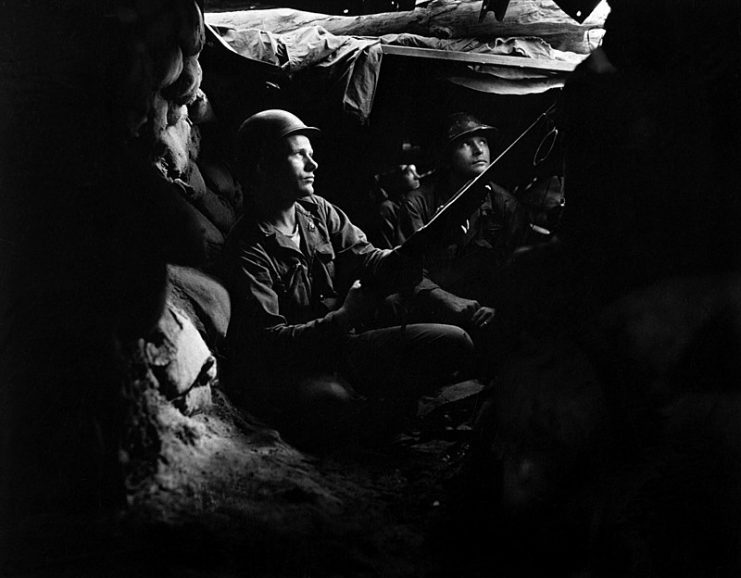
The constant attacks from enemy troops at Heartbreak Ridge weren’t the only thing West and the other American infantrymen had to worry about while stationed in the trenches and bunkers there. The Korean winter was beginning to settle in, and with it came bitter cold. The temperature sometimes dropped as low as -4°F (-20°C).
West accompanied night patrols and raids on enemy trenches, and it was after one of these that he was awarded the Medal of Honor.
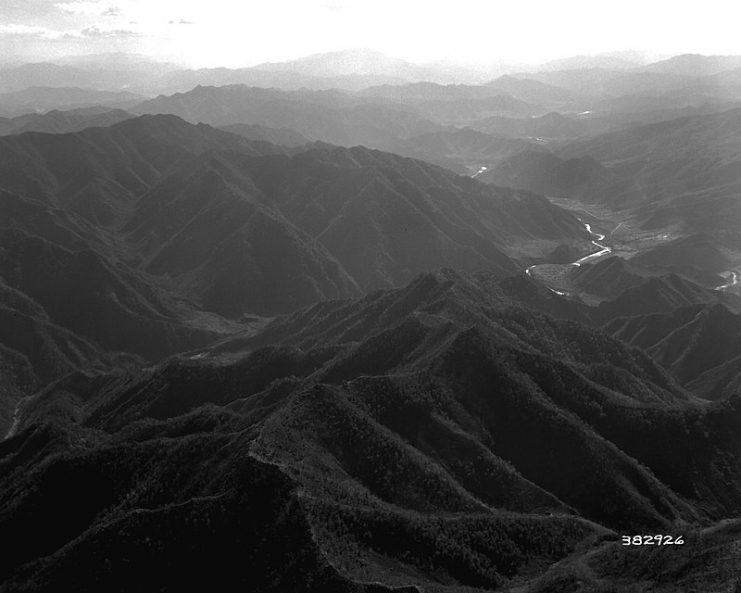
On October 12, 1952, his commanding officer asked for volunteers to accompany him on a mission to locate and destroy an enemy outpost on a hill near Sataeri. West volunteered for the mission along with eight other men.
West was on point for the mission. When they neared the objective, he noticed a group of North Korean soldiers waiting on the top of the hill to attack them. He signaled to his commanding officer that they were walking into an ambush, but by then it was too late; hand grenades were already tumbling down the hillside toward them.
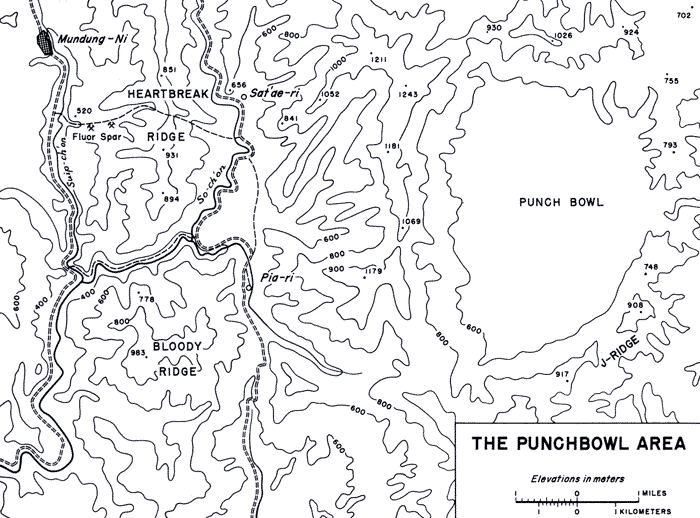
A grenade rolled through the gap between West’s feet, only to explode a few yards behind him, severely injuring the lieutenant in charge of the patrol. The element of surprise was gone, and the North Korean troops opened fire at them.
Since the lieutenant had been knocked unconscious by the grenade, West took control of the group. Realizing that they were outnumbered and outgunned, he ordered the men to fall back.
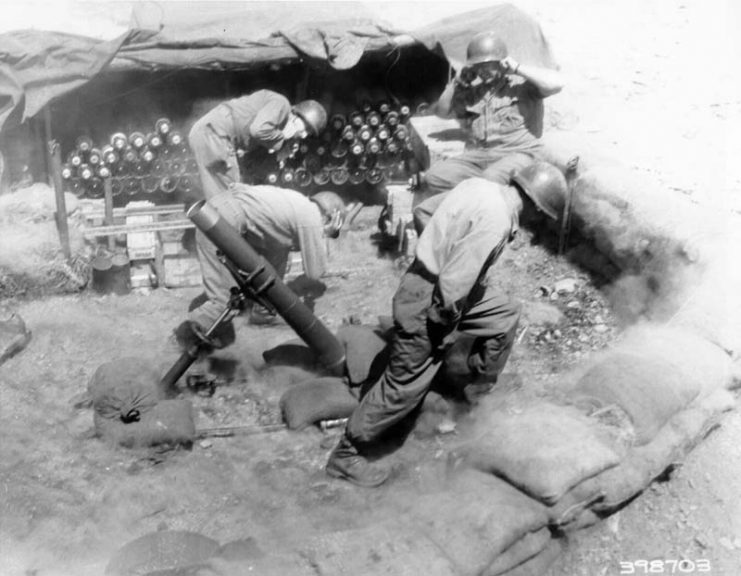
When they got back to a position of safety, West realized that a few men hadn’t made it back. He told the others to wait where they were and headed straight back out to find the missing troops. First, he reached the lieutenant who was unable to walk, so West picked him up and carried him over his shoulder.
As he transported the officer back to safety, they were ambushed by three North Korean troops. West didn’t hesitate and shot all three in quick succession with his rifle as they charged at him. He then continued his rescue mission back to the other men, despite being under heavy fire.
After reaching the safe zone he realized that more men were still missing, so without any thought for his own safety, he headed straight back out again to rescue them.
He retrieved another two injured soldiers and was again ambushed by three North Korean soldiers with rifles and grenades. Once more, he was able to take out three of them with his rifle, but a grenade exploded in front of him which sent shrapnel flying into his left eye and arms.
Even with such grievous injuries, West fought off the attackers and got his comrades back to safety. In fact, it was only after he left the battle zone that he noticed how badly injured he was.
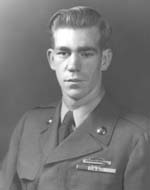
He was evacuated to Japan where a doctor examined him and sent him back to the US. The eye was then removed on discovering that it was too badly damaged to save. After his wounds healed, he continued serving in the US Army.
He was discharged in 1953 and returned to Kentucky to work for the C & O Railroad–despite them initially refusing to re-employ him on the basis of his missing eye. The Veteran’s Association managed to convince the railroad company to rehire West.
At that point, nobody (least of all West) knew that he would be awarded the highest medal the US had to offer.
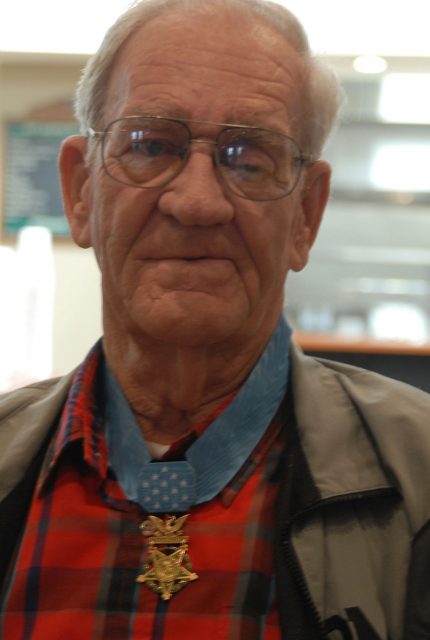
In 1954, it was announced that he would receive the Medal of Honor. West initially couldn’t believe it, saying that he didn’t want the medal and had only done his duty. He believed that every man who had served alongside him deserved a medal since he regarded them all as his brothers and thought they would have done the same for him.
US President Eisenhower awarded the Medal of Honor to West in 1954. Afterward, the veteran continued to pursue a simple life and never felt he was disabled by the loss of his left eye.
He also felt no bitterness toward the North Koreans and Chinese troops that he had fought against during the Korean War, believing that every soldier simply did their duty.
Ernest E. West now lives in Russell, Kentucky and enjoys attending veterans’ parades. He is one of five living Medal of Honor recipients of the Korean War.
